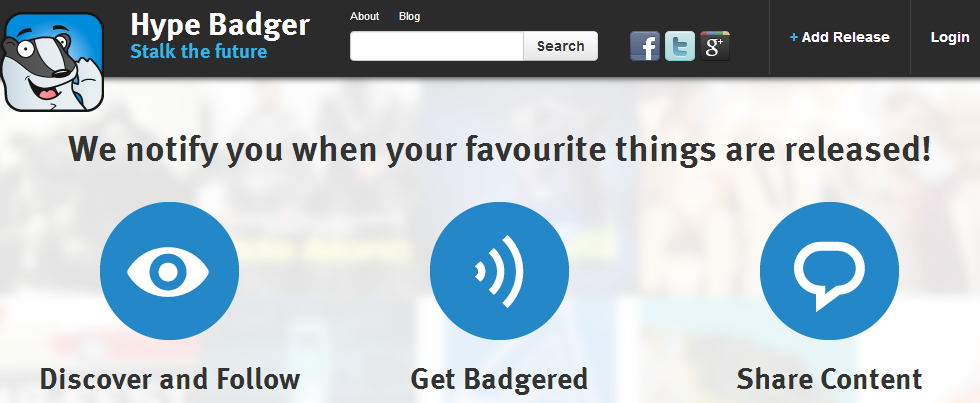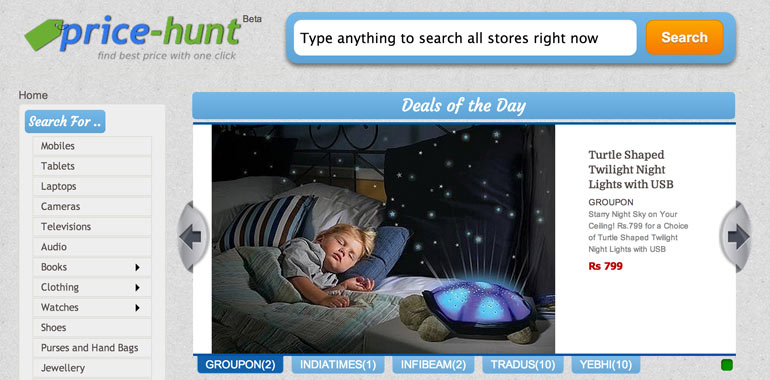Stop me if you’ve heard this one:
An American company, an Irish company, and a British billionaire walk into a bar…
We all know what happens next, right?
On Friday, Rupert Murdoch’s New Corp announced the acquisition of Dublin startup Storyful, a social news agency that collects real time content from users and figures out what’s real and verifiable. Then, they buy and license that content to news agencies, providing them with user generated content they can actually trust. (Warning, if you click through to the Storyful website, take some Dramamine first. Trust me.)
We’ve all seen–and complained about–news reporting during big crises. During the Boston Marathon bombing, CNN wrongfully reported an arrest hours before one was really made, a move that could have endangered citizens of Boston. Last year, when tragedy hit Sandy Hook Elementary School, news organizations misidentified the shooter, accusing the wrong brother. And that’s just the tip of the proverbial iceberg.
These kinds of mistakes are common in 24/7 news media because everyone is trying to be first, and that can cause carelessness.
Storyful founder and CEO Mark Little see the problem in a different way, though. Sure, there’s a lot of social media noise around the news, but that actually gives journalism a new layer of reality.
“I watched the Arab Spring unfold on YouTube and saw an authenticity I had rarely seen on TV news,” Little writes on the Storyful website. He goes on to say, “Storyful is dedicated to helping news and communications professionals everywhere use social media to make their newsgathering, reporting and storytelling shine.”
And now they’ll be doing that from under the News Corp umbrella.
The plan is for Storyful to continue to run as a separate business unit, operating from its home in Dublin. The company will continue to license content to its current clients, including News Corp competitors like the BBC and ABC News.
Robert Thomson, Chief Executive at News Corp, said this in a statement:
“Storyful has become the village square of valuable video, using journalistic sensibility, integrity and creativity to find, authenticate and commercialise user-generated content. Through this acquisition, we can extend the village square beyond borders, languages and platforms.”
The acquisition will also allow Storyful to expand its products and services.
“We will be working to productise the core discovery technology that powers Storyful,” Little told me in an email. “We want to build the tools that power all social newsrooms. We are also focusing in 2014 on brand newsrooms, developing content solutions for the marketing, advertising and PR industries.”
Now, it’s no secret that Rupert Murdoch and News Corp aren’t always very popular. A simple Google search will show you that. In particular, many feel that News Corp cares more about getting a story out than making sure they report the truth, which could stand in contrast to Storyful’s efforts to verify everything.
As I researched, I noticed some pretty disdainful comments on the Storyful blog about the acquisition and asked Little about them. He (digitally) shrugged it off.
“I’m really happy with the reaction to our news, which has been overwhelmingly positive. I’ve seen the generalisations about News Corp that don’t correspond with the reality I’ve come to know. Again and again, every News Corp executive I’ve met stresses the importance of the verification work we do. Nothing changes on that front.”

















